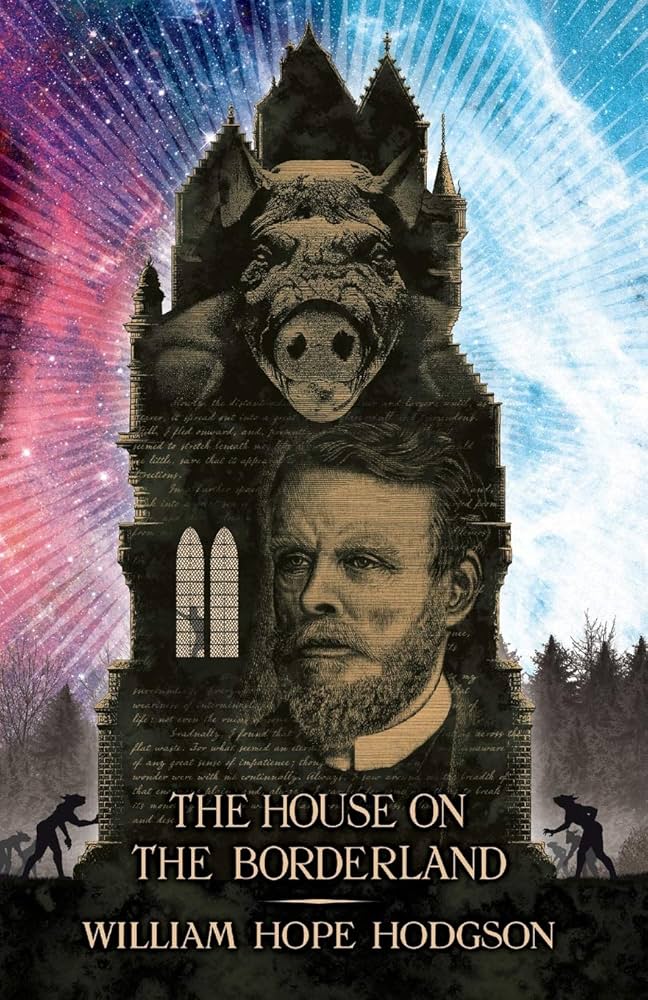‘One Day In The Life’ is one of his lighter works
‘Cancer Ward’ is one of the most chilling things I have ever read
Ok, I’ll try that once I’ve had a lighter reading interlude.
Agreed. ‘Cancer Ward’ is the one I’d recommend over all others after ‘One Day in the Life…’. It is grim, but it’s a LOT more than a catalogue of suffering. I think it’s the best thing he wrote, but you do need to understand his life a little, too.
Most of the rest of it besides ‘Gulag Archipelago’ is inessential. GA is a life-changer. Even after so very long I feel I understand Russia better, and indeed history and human nature better, but it is huge, disconnected, reiterative, recursive, rambling, and bitter as gall - at times it’s a shopping-list of (just!) grievance - all understandable when you consider how he assembled and compiled it, plus the fact he had no possibility of editing it. It’s more of a phenomenon than a work of literature.
I’ve read a fair few Russian authors, but not Dovlatov, I shall seek to remedy that.
It’s a long time since I read one of Didion’s essays, and I remember nothing more than having no further desire to read more of her work. This has been true of most of her contemporaries, too, who all seem too engaged with effect in their writing, and not so much intent, and barely at-all with content… Such was journalism in their day - often readable, not often memorable.
It is but it is essential reading I think.
If you haven’t read it, add Crime & Punishment to the list too.
Thanks, but it is not my list,. although I have read it.
I went through a Russian authors period in my yoof
Gogol and Pushkin were much more fun than Dostoevsky or Solzhenitsyn
Turgenev was probably the most dreary
Ok, will add to the long list. Frankly I find everything about C20-21 Russia depressing so I’m not sure I can immerse myself in a lengthy diatribe about it, but will see if I’m up to the task after CW.
I can see what you mean, and there are some pieces which are more ‘style over substance’ - but I think she draws interesting vignettes of West Coast American life of the period and describes a counterpoint to much other writing of the period. I do think The White Album is a more mature collection than Slouching Towards Bethlehem though. That said, if you’re looking for a Solzhenitsynesque experience, her writings will seem shallow in comparison (and at least one Eastern European refugee writer wasn’t a fan of some of her work - e.g. Lore Segal).
Agree. I also quite liked Lermontov although it’s been a very long time and as much as I’d like to re-read him, I’m afraid he wouldn’t hold up against the passage of time and I’d spoil a fond memory.
Sorry, wasn’t meant as a recommendation - it’s an act of masochism. Like sea-bathing in February, I’m glad I did it, but it’s not an experience I’d repeat or recommend.
Recently bought the first volume of GA, just need to find the time to read it now.
Like reading the oeuvre of William S. Burroughs.
…Finnegan’s Wake… ![]()
Written by an old pal. Starts with the founding of the Independent Labour Party in 1893. Much funnier than that sounds. I consider the recent political events to be nothing but a brilliant publicity campaign for this book.
Yes, *Finnegans Wake * is a tough read. You need a couple of guide books. It stops fast readers who are used to instant comprehension in their tracks.
Funnily, I just started re-reading (or reading properly) Ulysses with Ulysses Unbound companion.
That’s amazing.
As mentioned elsewhere, just finished
There is no way that was written without the assistance of copious pharmaceuticals.
Now on to

In my ignorance I didn’t realise that E.F. Benson was also Mapp and Lucia.

I’ve been meaning to read this for years but I have to say that although it wasn’t a bad book, I was pretty disappointed overall. The narrative conceit was interesting for a bit but the problem was you could guess the book’s conclusion far in advance, so that a potentially powerful ending was spoiled. It was well written enough but it felt a little (as the author acknowledged in his afterword) that he’d decided on the means of narration and then come across a plot idea and put them together - the artifice came through.
Actually that now makes me underwhelmed by all of MA’s books I’ve read (others being The Rachel Papers, Money and London Fields - although his autobiography, Experience, was actually quite interesting, especially considering I don’t particularly care about the author or his father).
That’s me on the rob, then. My favourite novel.





